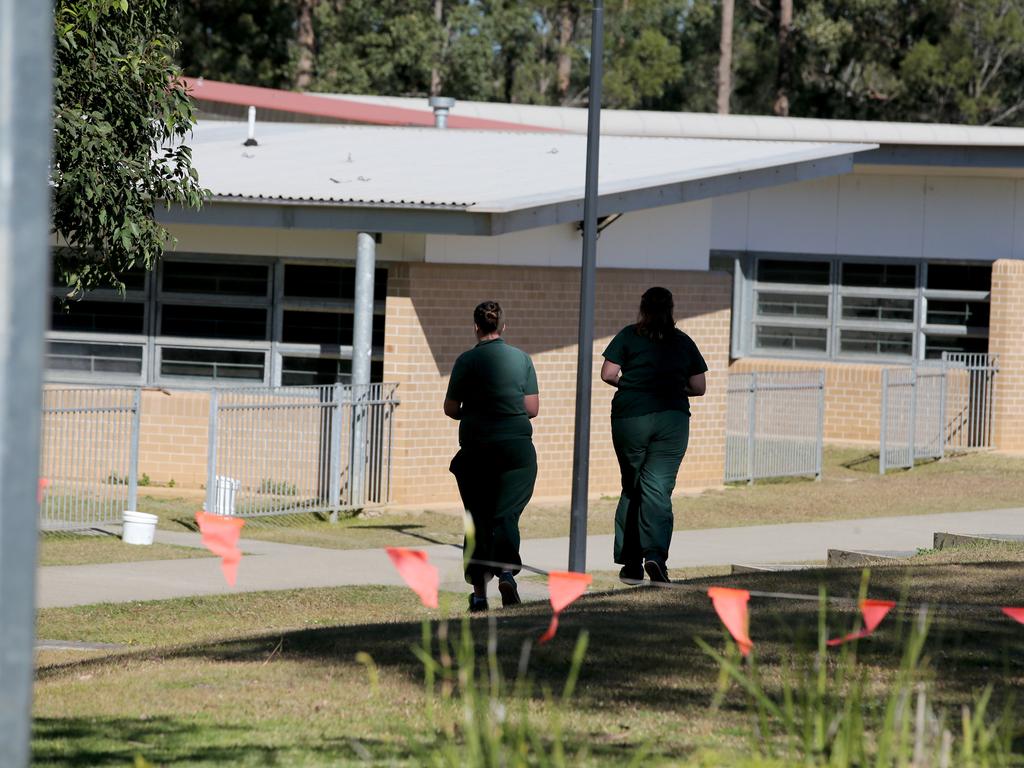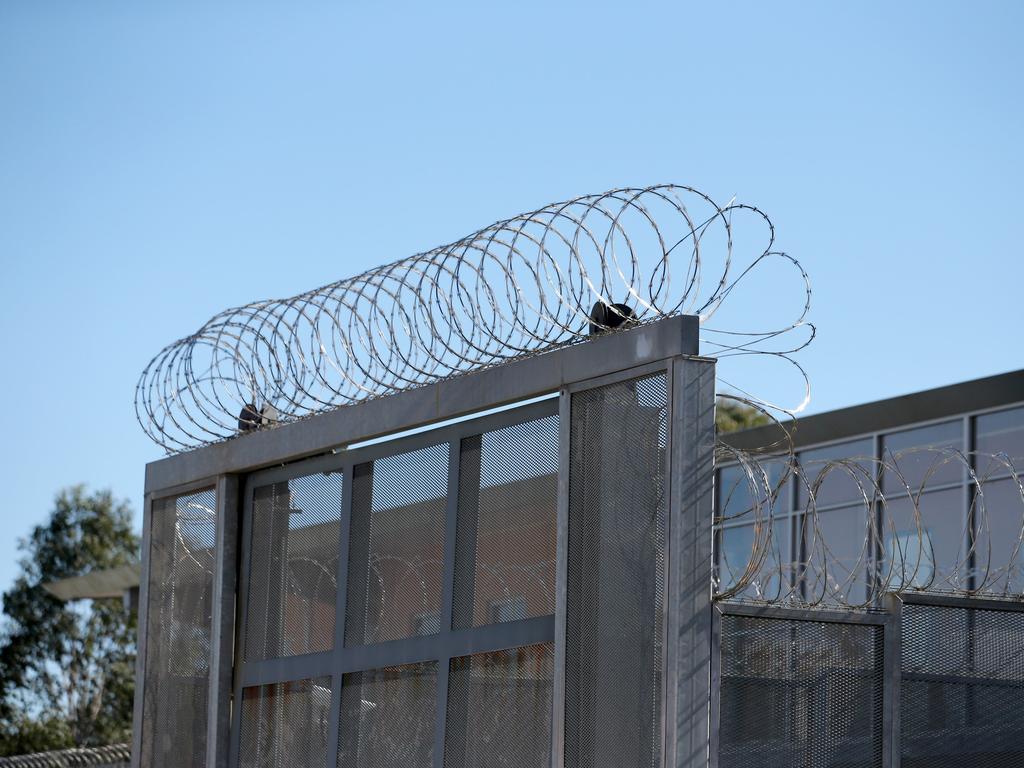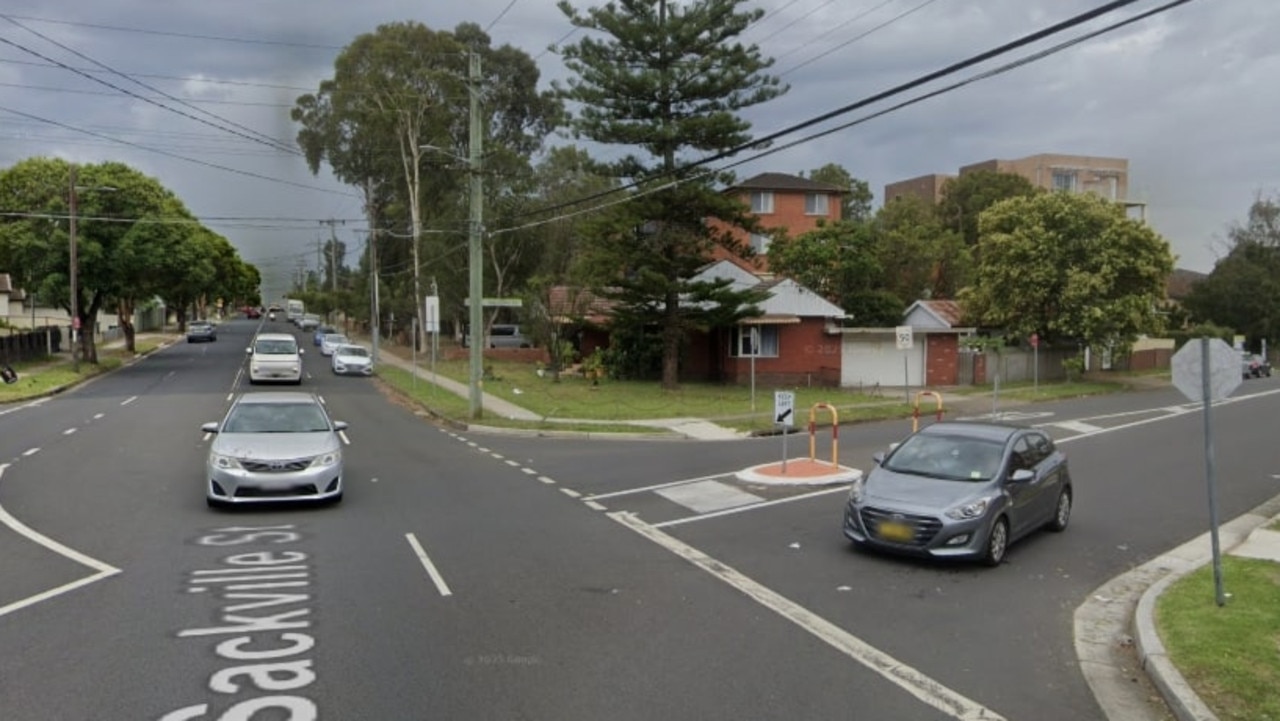Richard Jason Reay sentenced to 30 years jail for murder of Geoffrey Fardell
A court has been told a prisoner strangled his cellmate in a ‘sadistic’ murder sparked by an argument over the television.

A longtime prisoner with a history of brutal and unexplained violence strangled his cellmate over a dispute about the volume of their TV, a court has been told.
Richard Jason Reay was on Wednesday sentenced to another 30 years behind bars, with a non-parole period of 22 years and six months, for the “sadistic” killing of Geoffrey John Fardell on June 10, 2019.
Reay used a makeshift clothesline to throttle Fardell, 52, when an argument about the TV in their cell at Mid North Coast Correctional Centre turned physical – and deadly.

Justice Robert Hume told the Supreme Court on Wednesday he rejected Reay’s claims of self-defence, saying the fatal attack was unprovoked and an “extreme act of brutal violence”.
“I cannot consider it being possible he could have strangler Fardell to the point of death without intending to achieve that result,” he said.
Justice Hume said the “sadistic” nature of strangling someone, and the physical effort it took, showed Reay “has no respect for the sanctity of human life”.
The judge said Fardell’s family, some of whom tuned into the virtual court to learn his killer’s fate, had suffered from the loss of a terrible crime.
During his judge-alone trial Reay, 47, pleaded not guilty to murder and claimed the strangulation was an act of excessive self-defence after Fardell attacked him in his bed.

Justice Hume said Fardell had ordered Reay to turn the TV down and unleashed a flurry of punches when the request was refused.
Reay said he yanked down a clothesline hung above his bed and wrapped it around Fardell’s neck.
After Fardell died, Reay did not raise the alarm until the next morning and even watched television over the lifeless body.
When another prisoner came to the cell to deliver milk, Reay told him: “My celly is dead.”
The court was told Reay claimed he woke in the morning to find Fardell dead on the floor, but a crime scene was established when investigators found a ligature mark on the deceased’s neck.
They had only been in the cell together since June 2, and Fardell was excitedly making plans for his release.

In April, Justice Hume found Reay had concocted the “entirely implausible” self-defence tale and found him guilty of murder.
He said Reay was “intent on seeing” Fardell die.
In sentencing, Justice Hume said Reay was not remorseful and had little prospect of not committing further acts of violence.
He said the Newcastle-born man was brought up in a household dogged by alcoholism and violence, traits he carried into adulthood.
Reay had been in and out of court and jail since he was 16 and had developed an “entrenched attitude of disobedience with the law”, Justice Hume said.
With time served, Reay will first be eligible for parole on November 30, 2042.




